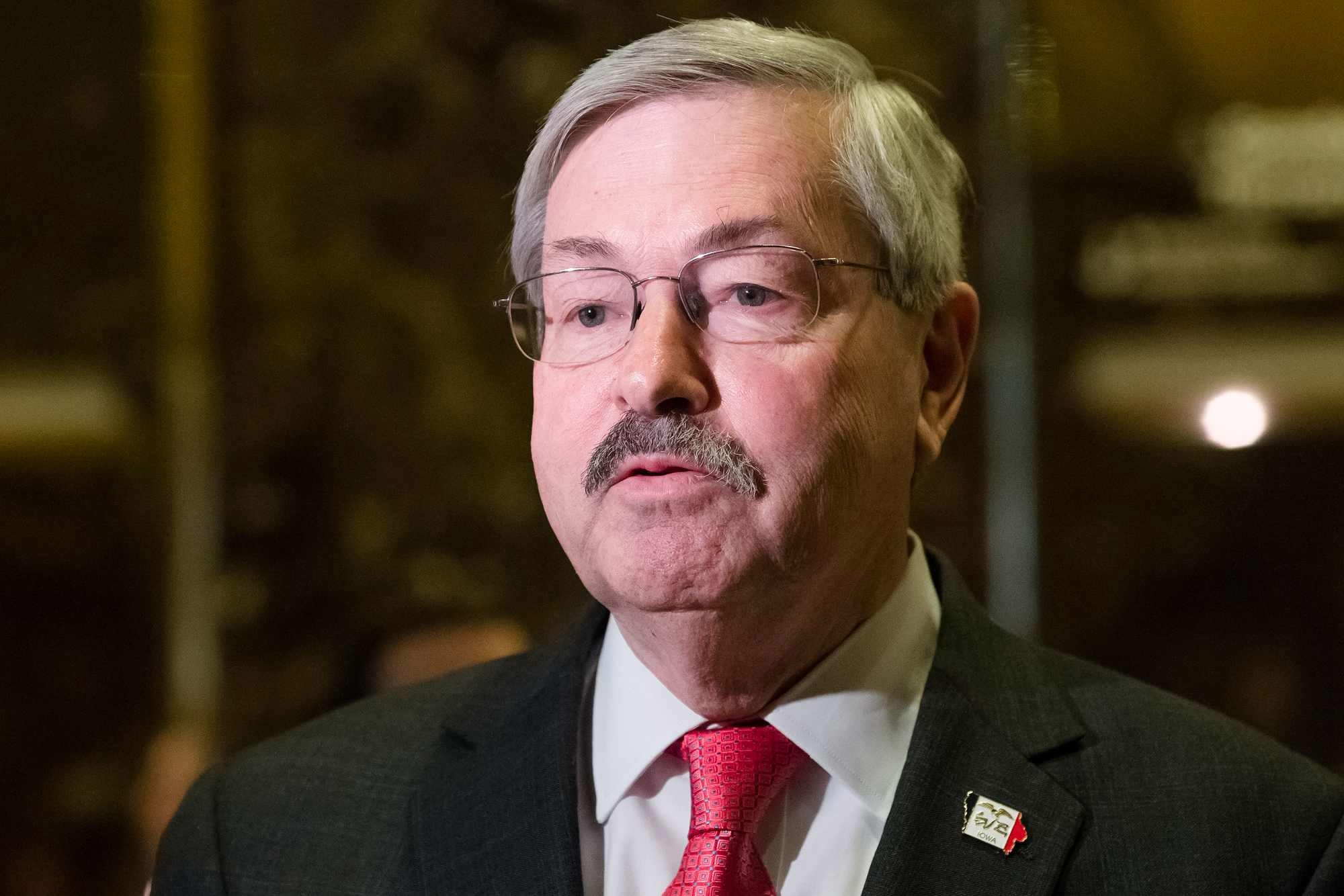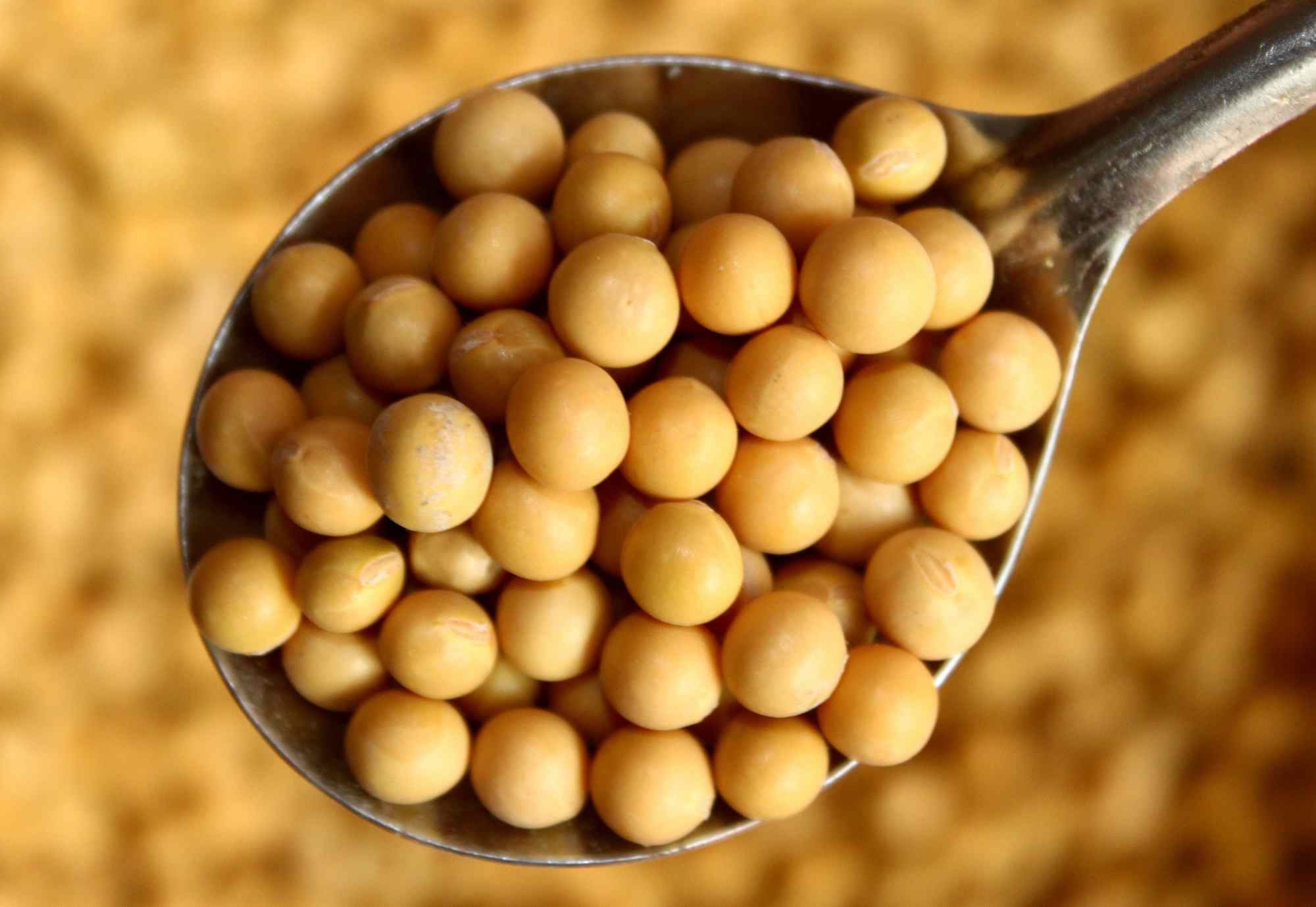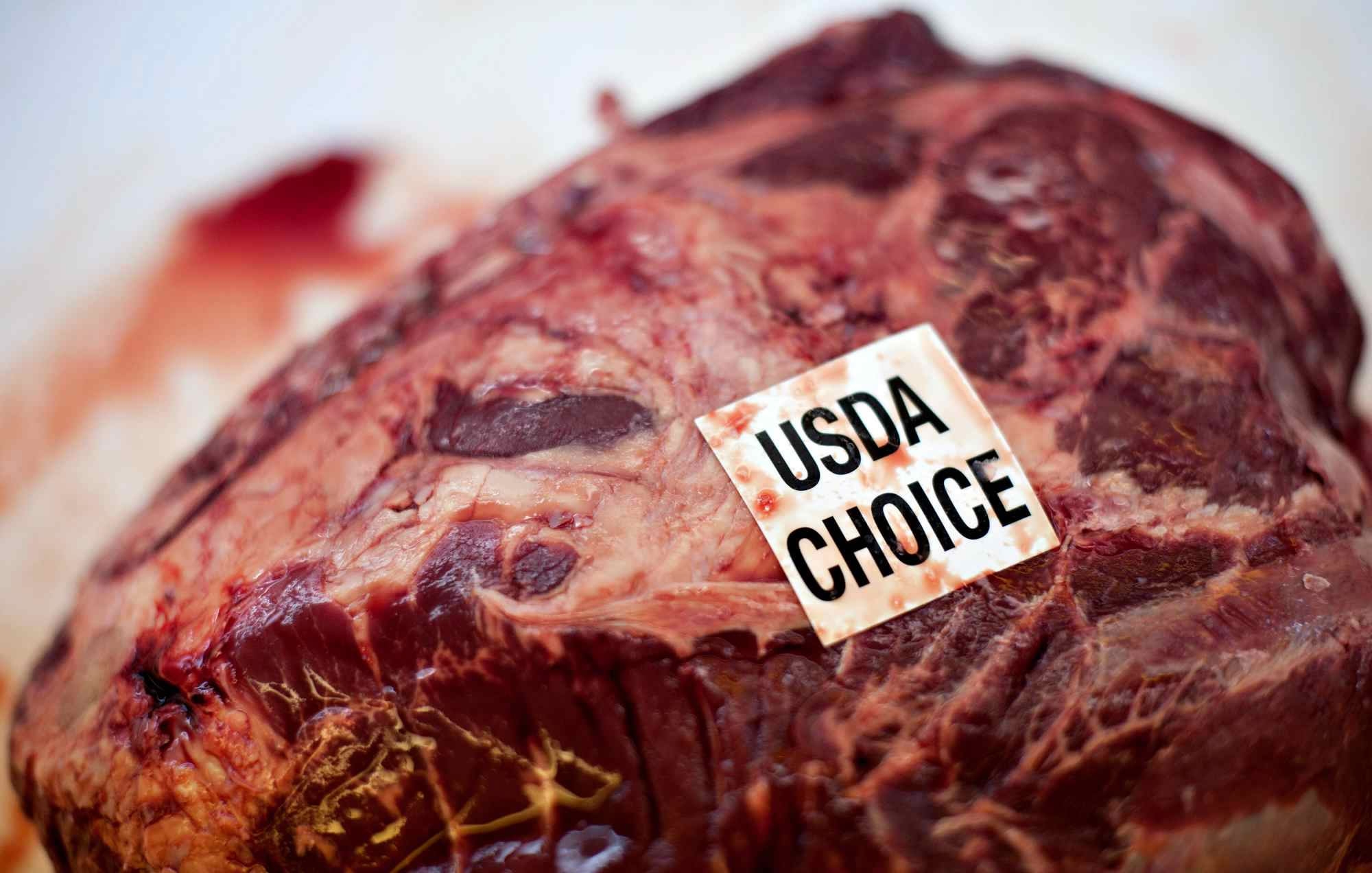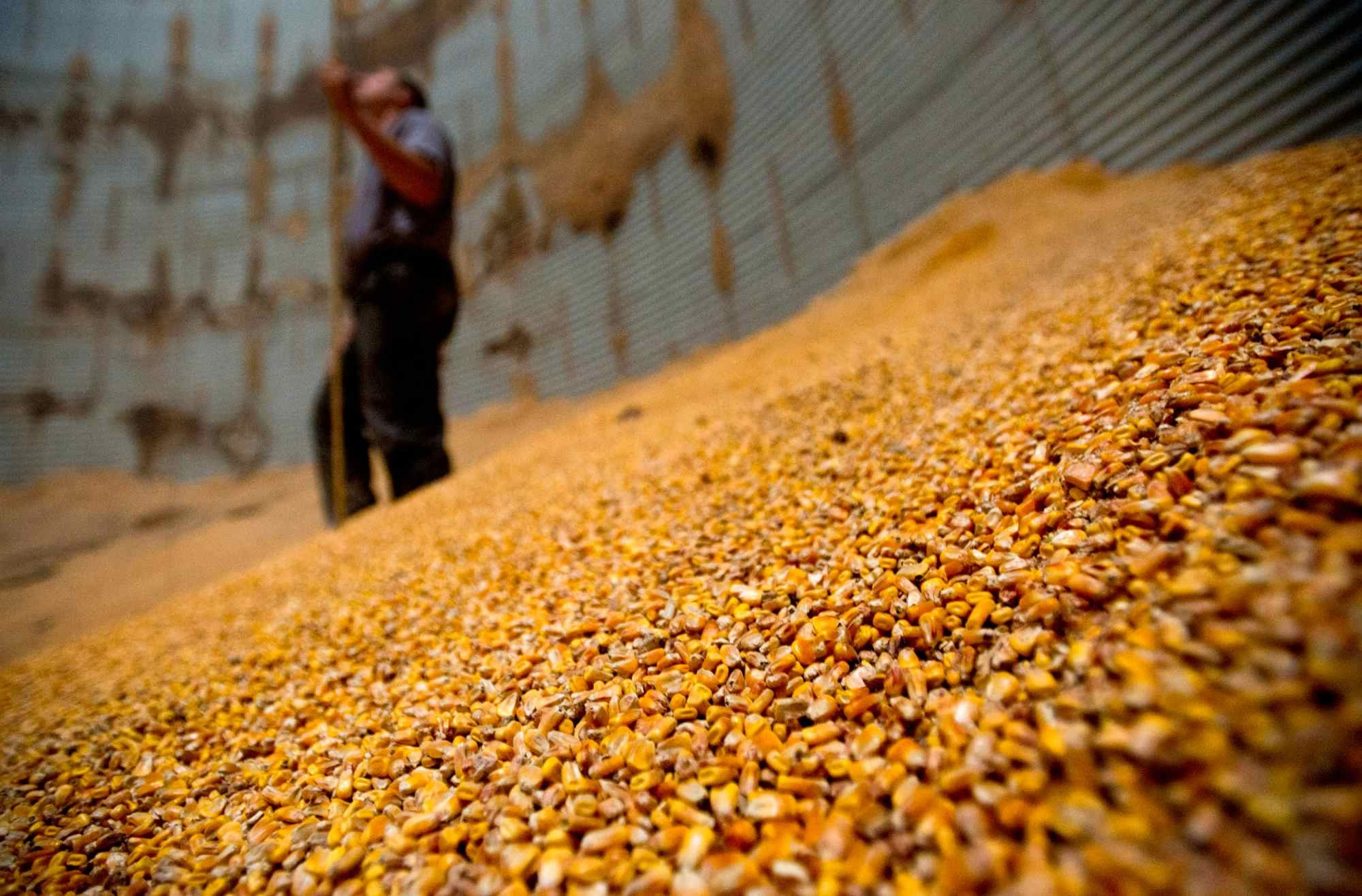Iowa Governor Terry Branstad, US President Donald Trump's pick for Ambassador to China, said on Thursday that he would work to ensure the continued growth of US agricultural exports to China when he begins his new job, particularly reopening the Chinese market for American beef.
"The US-China relationship offers many opportunities to continue to grow agricultural exports" to China, Branstad said at the US Department of Agriculture's annual Agricultural Outlook Forum. "I look forward to being an advocate for all agricultural exports in this new role."

Following his meeting with President-elect Donald Trump, Terry Branstad, Governor of the State of Iowa, speaks with the press in the lobby of Trump Tower on December 6, 2016 in New York City. /CFP Photo
US agricultural exports to China have grown more than 200 percent over the past decade and China was the United States' second-largest international market in 2015, according to the US Department of Agriculture.
China has already imported more US soybeans than all other countries combined, and the world's second-largest economy has become a major importer of American pork as well, the governor said, noting that "multi-billion dollar soybean contracts between the United States and China have become a commonplace."

China imports more US soybeans than all the rest of the world combined. /CFP Photo
In terms of his priorities as US Ambassador to China, Branstad said he hoped China would reopen the market for American beef "soon. China halted beef imports from the United States in 2003 to prevent the spread of mad cow disease.
"Mad cow disease is long since gone in this country, and there is no reason why the Chinese should continue to restrict American beef," he said. "I want to serve it in the embassy, and I certainly want to do what I can to try to convince the Chinese leadership to do that sooner rather than later."

A USDA Choice tag clings to a piece of beef on a cutting table in the meet department of a supermarket in Princeton, Illinois, US. /CFP Photo
Branstad also said he would leverage his "longstanding relationship" with Chinese officials to gain Beijing's quicker approval of genetically modified US corn traits, believing that the "friendship and trust" could help bring down some of the barriers to increase bilateral agricultural trade.
Asked about Trump's "America First" trade policy, Branstad downplayed the potential trade disputes between the US and other countries, emphasizing that Trump was a deal-maker and businessman.
"Long time ago, he wrote a book called the Art of the Deal. He is a businessman, and the best deal is a win-win situation," the governor said, referring to Trump's bestselling book first published in 1987.

An employee stands inside a grain bin at Kahle Supply and Feed Mill Inc.'s facility in Kalida, Ohio. /CFP Photo
"I'm hopeful at the end of the day that the president and his administration will work to improve bilateral agreements and in fact enhance our ability to export," he said. "So it's a matter of trying to negotiate the best deals for America, but in a way that's going to be a win-win for trading partners as well."
Branstad, 70, is the longest-serving governor in the US, who also has long nurtured a close relationship with China and has visited China multiple times. He served as the governor of Iowa in 1983-1999, and again since 2011. He was nominated by Trump to be the next US Ambassador to China in December 2016.
(With inputs from Xinhua)









